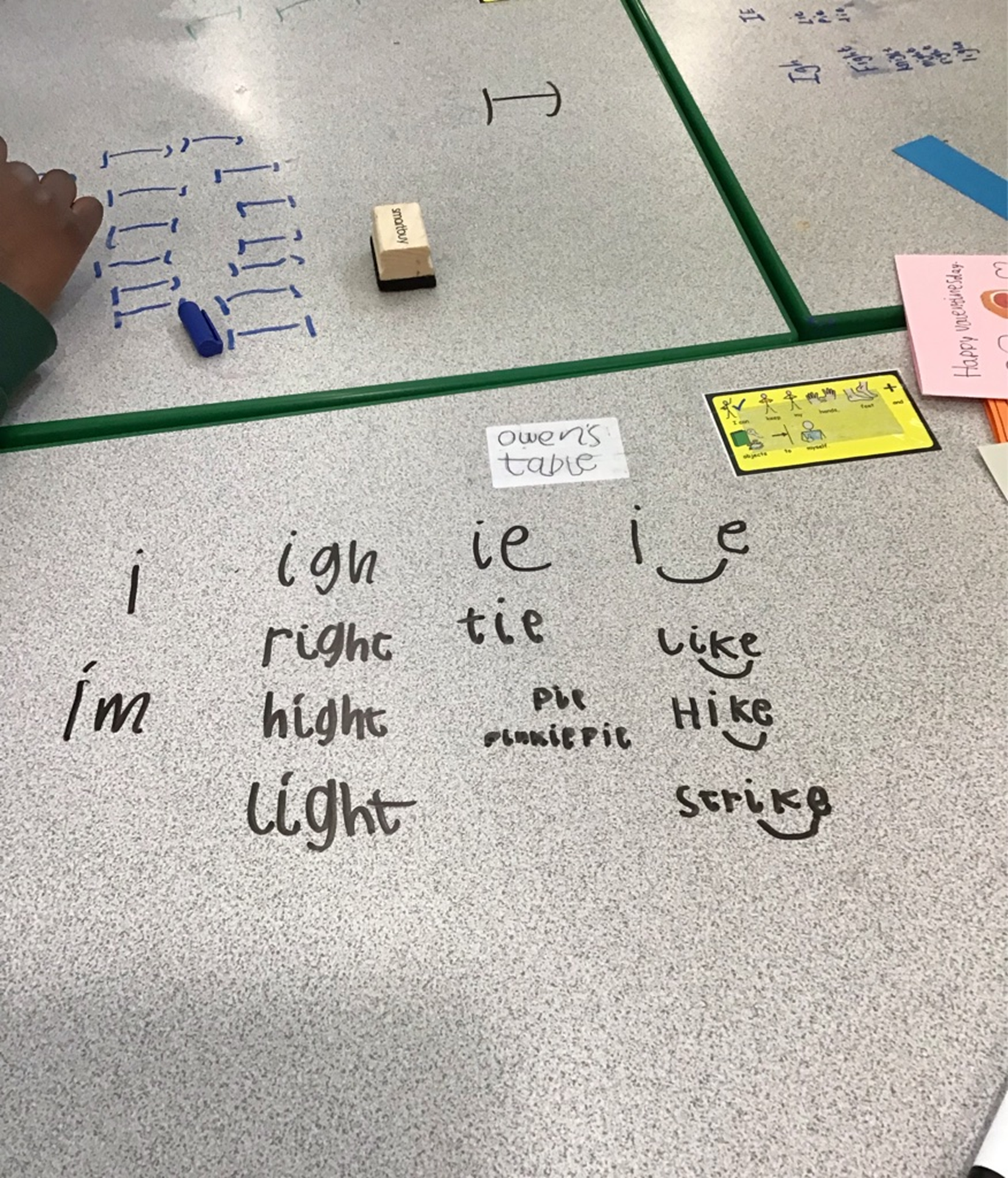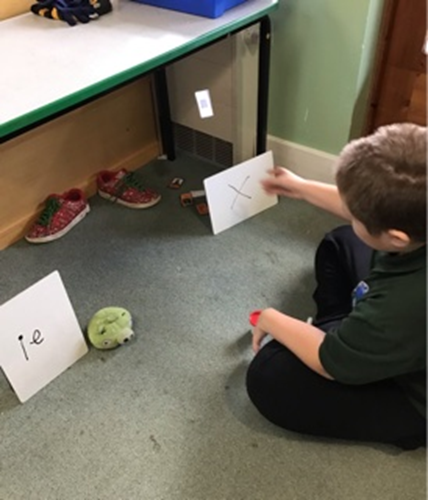Phonics


Aims
We believe reading is an essential life skill that supports students to engage with their learning, and we are committed to creating a culture where there are multiple opportunities daily for each student to access reading at the appropriate level.
Curriculum
At Castle School we use the Twinkl Phonics scheme to ensure progression through the Letters and Sounds sequence. Teachers use this scheme to frame and structure their phonics teaching.
To support our teaching of phonics we use Reading Eggs and Reading Eggspress. These are online platforms which allow our students to access engaging phonics activities both at school and at home where they can continue their learning. We also use Oxford Reading Tree to practice our phonics skills with books and supplement this with activities and e-books from the Oxford Owl website that we can share with parents.
Pre-formal learners will usually be working within phase 1 of phonics, and will learn the foundations of sound discrimination through an immersive, cross curricular approach incorporating music and the fundamentals of communication. They may also be exposed to phase 2 phonemes and graphemes through an immersive, multi-sensory approach linked to their story topic.
Semi-formal learners will usually be working within phases 2-5 of phonics, although many will continue to benefit from phase 1 consolidation. In primary, all students will be exposed to all phase 2-5 phonemes through a story-based, multisensory approach: in secondary, phonemes will be revisited and consolidated according to pupil need.
Formal learners will be consolidating phases 2-5 of phonics, and moving on to phase 6, spellings, high frequency words, and sentence composition.
All students will have access to books and stories linked to the sounds they are learning, and formal learners will have reading books appropriately matched to their phonic level. We do not limit students' access to books according to their phonic ability, as we believe in promoting love of reading and sharing books as a social activity, including handling books carefully, bringing books to adults to read, and sitting quietly with a book to relax. To motivate students to practise these skills, we provide access to a wide range of books in our classrooms, according to students' interests.
We understand and appreciate that phonics may not be the most intuitive method of learning to read for a few of our students. In these cases, we will supplement our teaching of phonics with alternative whole word reading strategies.
Assessment
We use Evidence for Learning to track the exposure to sounds and progress across the different phonics phases. We revisit sounds regularly within our spiralled learning curriculum. Long-term planning in primary ensures that all sounds are covered, and then sounds are revisited in secondary according to individual needs. For pre-formal learners, it may be more appropriate to track their progress within Phase 1 using the Castle flower frameworks, SCERTS, or their individual EHCP target in communication.
